UCI set to backtrack on 2020 WorldTour reforms
Teams angry about lack of a new vision and better business model for the sport
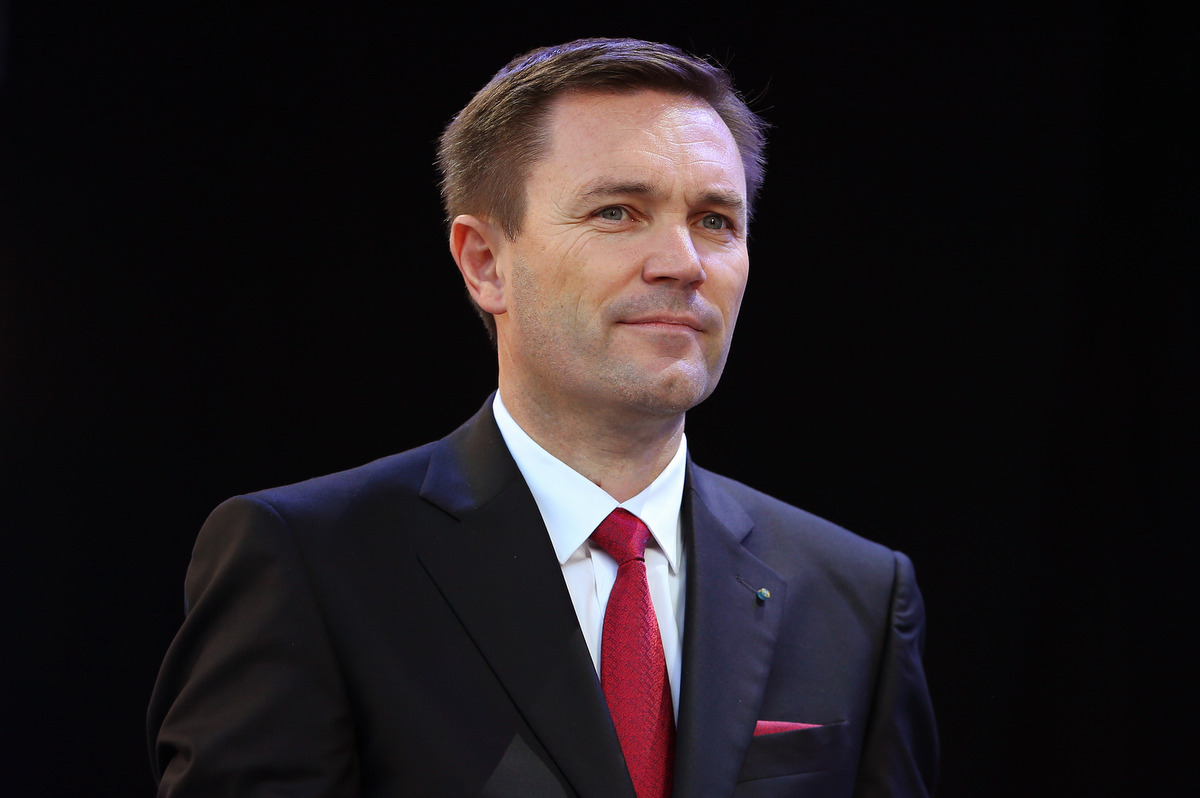
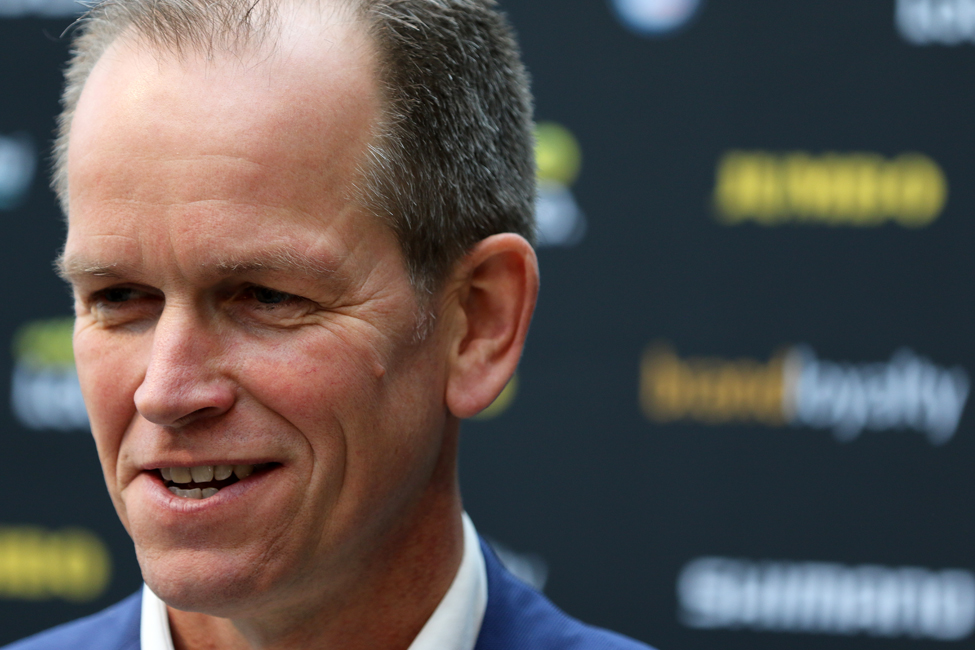
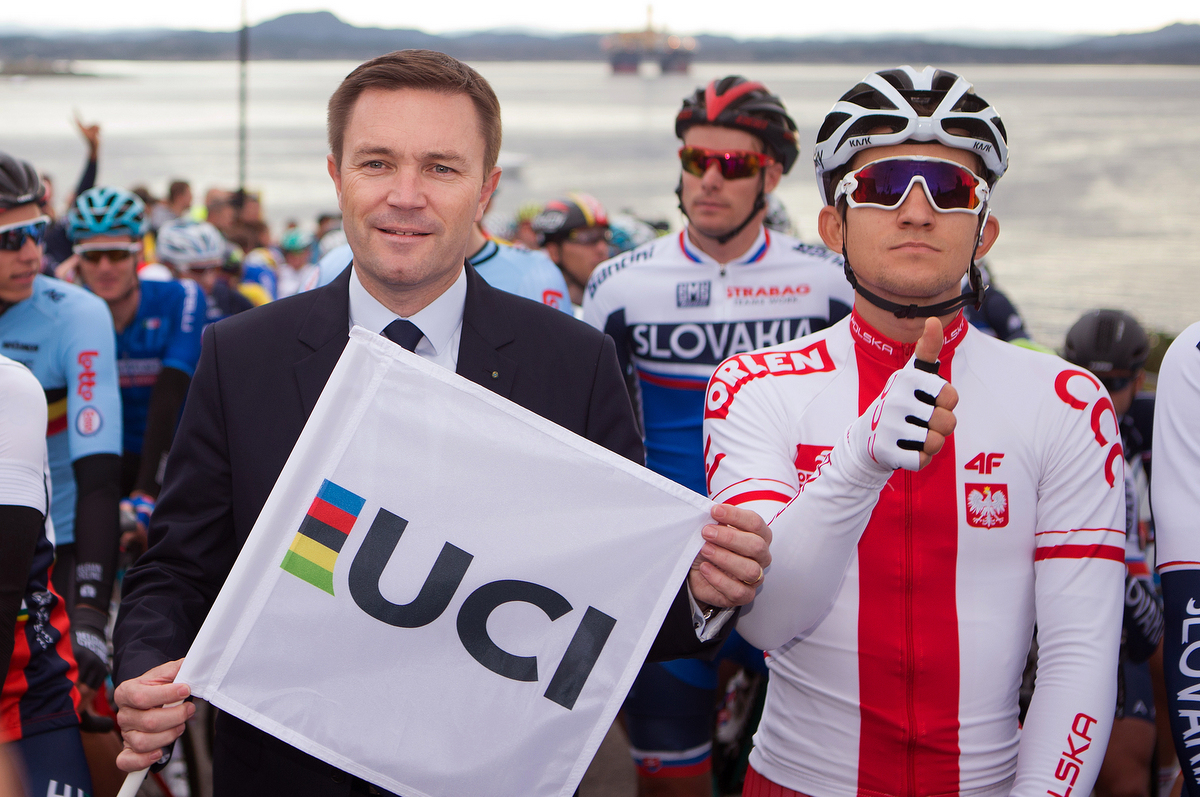
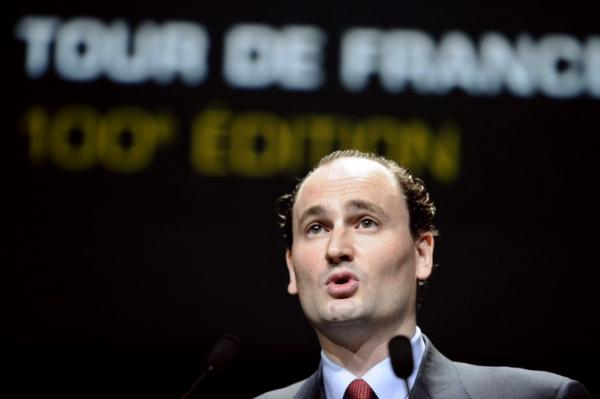
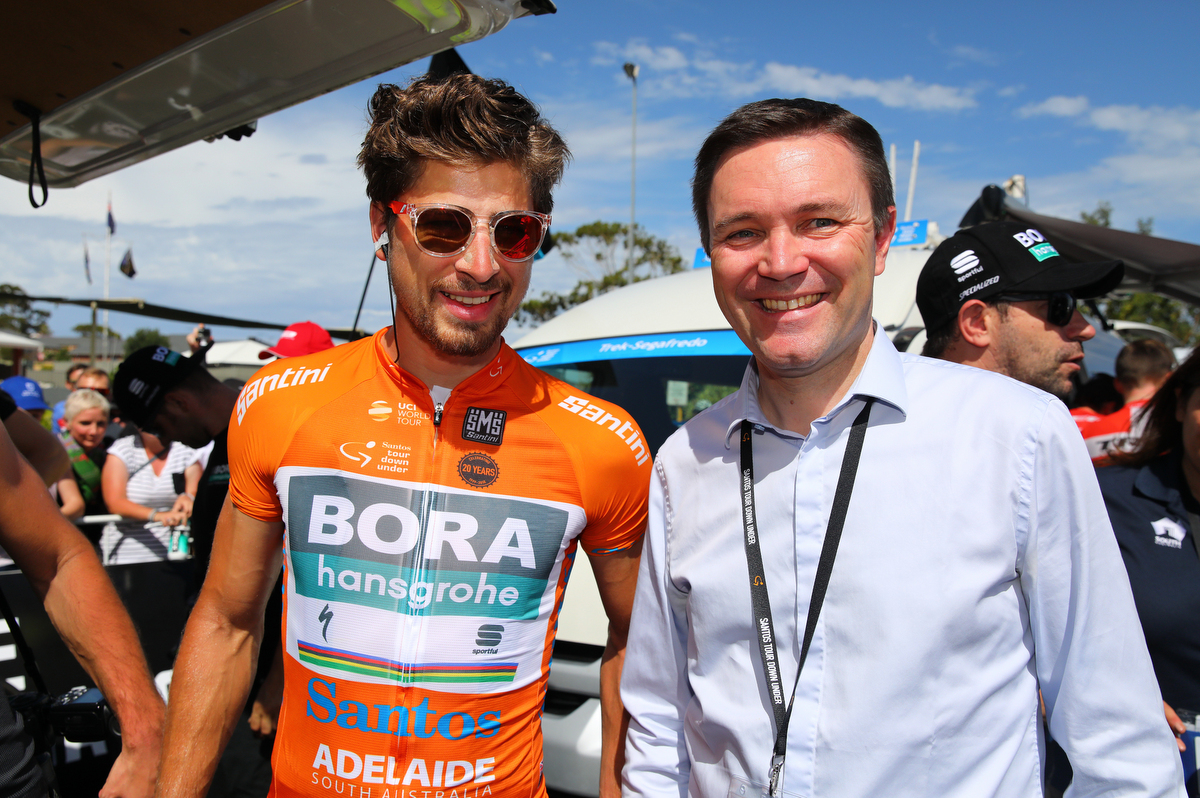
After months of negotiations between key stakeholders, Cyclingnews understands that the UCI is set to backtrack on reforms to the structure of the men's WorldTour for 2020, delaying any development in the business model of professional cycling and so leaving teams dependent on sponsorship for survival.
UCI president David Lappartient promised a new reform of the WorldTour when he was elected in Bergen last year, with UCI documents suggesting "the reform approved in 2016 did not meet the expected objectives and does not satisfy the Stakeholders' interests."
The Frenchman led a series of meetings and said he would listen to everyone in the sport. However, the teams strongly suspect Lappartient is happy to follow indications from Tour de France organiser ASO, who have always fought to defend their dominant position and the profits generated by the sport's biggest races.
The UCI's Professional Cycling Council met at the World Championships in Innsbruck on Monday to finalise and outline plans for the 2020 WorldTour. These will be rubber stamped by the UCI Management Committee, with details due to be revealed on Wednesday. The final technical details and rule book will be thrashed out in the coming months so that the teams can plan rider rosters and sponsorship for the 2020 season and then apply for WorldTour places in the summer of 2019. Points scored by riders and teams are likely to play a vital role in deciding who secures a WorldTour licence for 2020.
The UCI has produced several proposal documents after numerous meetings with the teams, race organisers and the CPA (the riders' association) but these have apparently been modified yet again in recent days as Lappartient tries to find a compromise solution. He has offered future talks on how to improve the business model and balance of power of professional cycling but former UCI president Pat McQuaid suggested the UCI was simply "kicking the can down the road" to avoid professional cycling's fundamental problems.
New ideas
In the summer, the leading teams were up in arms about a proposal to reduce the WorldTour to just 15 teams and allow Professional Continental teams to qualify for five places in Grand Tours and other WorldTour races, with race organisers retaining the right to issue two wild card invitations to the three Grand Tours. This could see the relegation of three current teams to Professional Continental level, while team licences would be dependent on ranking, with the weakest teams obliged to go up against new teams in 2022. This would create a de facto promotion and relegation system.
Lappartient had also suggested further cutting team sizes in races - from eight riders to six in Grand Tours - to somehow reduce the dominance of the big-budget teams such as Team Sky.
The latest race content, interviews, features, reviews and expert buying guides, direct to your inbox!
Sources have told Cyclingnews that Lappartient has now backtracked on those plans but also upped the obligation on the WorldTour teams to ride all of the 37 races on the WorldTour calendar. Teams currently have the option to skip some of the WorldTour races added to the calendar in 2016 and a rotation draft process was proposed for 2020 in documents seen by Cyclingnews.
There are also plans to revive a distinctive World Cup or One-Day Series that includes 16-18 one-day Classics, and WorldTour teams could be pushed to create a development team and women's team.
The obligation to ride all the WorldTour races – such as the UAE Tour, the Tour of California and even the struggling Tour of Turkey – would be an extra burden on the team's resources, with new rules forcing them to employ a minimum of 27 riders. The CPA will be happy to have secured more places for WorldTour riders but the limited number of invitations for lesser teams to the new WorldTour races could be a blow to Professional Continental teams. For instance, an invitation to the Tour of California is considered vital to the existence of US-based Professional Continental teams but of little interest to some European WorldTour teams, whose sponsors have little or no business interests in the USA.
Veiled threats but little chance of team protests or a breakaway
The AIGCP (the teams association) have become more united as the UCI try to steer the WorldTour reforms against their perceived interests and do little to help teams find new revenue streams. Several of the biggest teams formed the Velon business group that has begun to negotiate better start fees for their teams and provide on-board in-race images and rider data.
Some teams are making veiled threats about taking the UCI to the Court of Arbitration for Sport if the reforms are pushed through. Others are considering negotiating directly with race organisers to bypass the UCI rules. However, teams rarely have the courage to boycott major races and take a strong stance due to fear of recrimination from sponsors.
Richard Plugge, the manager of the LottoNL- Jumbo WorldTour team and vice-president of the AIGCP, has expressed the teams' anger at the UCI trying to steamroll through the reforms.
"The latest changes from the UCI are just cosmetic. There's nothing really innovative and the teams will be burdened with extra costs," Plugge told Cyclingnews.
"Making it mandatory to compete in all the WorldTour races means we have to have more riders and we need to spend more money for little benefit. If we are obligated to race all the WorldTour races, it means we also lose any bargaining power with the organiser. The WorldTour teams will also take places from the Pro Continental teams that really want to race and so threaten their existence. There might be more places in the WorldTour teams but in two or three years it would be a disaster for the Pro Continental teams and their riders."
Plugge has made a number of pleas for a better business model for men's professional cycling with better revenue distribution.
He struggled to keep his team afloat in recent years after losing two title sponsors and so knows the precarious life teams often endure. He now has long-term backing in place and has become more successful thanks to Primoz Roglic, Dylan Groenewegen and American Sepp Kuss.
Plugge was hopeful that the UCI would help to find solutions for the long-term sustainability of the teams but is now pessimistic that true reform will ever happen. The only positive outcome is that the lack of changes has united the teams like never before. French teams once toed the line dictated by ASO but now outspoken Groupama-FDJ manager Marc Madiot has become more aligned with the AIGCP and attended a recent key meeting in Madrid.
"The teams are more united than ever on where we want to go. We're also more organised in the way we communicate to the media and the fans about our problems," Plugge said.
"We're able to explain our case much more and more people understand that the sport has to change if it is to thrive and compete against other sports for funding. We can only hope that the UCI understand that too."

Stephen is one of the most experienced member of the Cyclingnews team, having reported on professional cycling since 1994. He has been Head of News at Cyclingnews since 2022, before which he held the position of European editor since 2012 and previously worked for Reuters, Shift Active Media, and CyclingWeekly, among other publications.